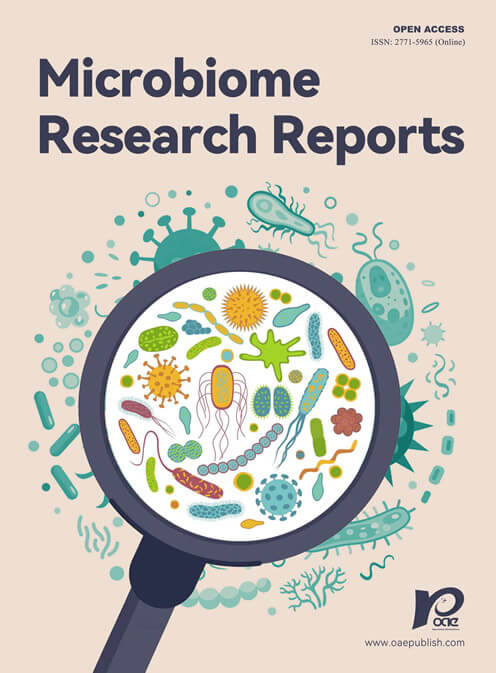REFERENCES
1. Chiang MC. Therapeutic trajectory for improving survival and outcomes of very low birth weight (VLBW) preterm infants. Pediatr Neonatol. 2023;64:493-4.
2. Groer MW, Luciano AA, Dishaw LJ, Ashmeade TL, Miller E, Gilbert JA. Development of the preterm infant gut microbiome: a research priority. Microbiome. 2014;2:38.
3. Yee AL, Miller E, Dishaw LJ, et al. Longitudinal microbiome composition and stability correlate with increased weight and length of very-low-birth-weight infants. mSystems. 2019;4:e00229-18.
4. Lee CC, Feng Y, Yeh YM, et al. Gut dysbiosis, bacterial colonization and translocation, and neonatal sepsis in very-low-birth-weight preterm infants. Front Microbiol. 2021;12:746111.
5. Elgin TG, Kern SL, McElroy SJ. Development of the neonatal intestinal microbiome and its association with necrotizing enterocolitis. Clin Ther. 2016;38:706-15.
6. Ames SR, Lotoski LC, Azad MB. Comparing early life nutritional sources and human milk feeding practices: personalized and dynamic nutrition supports infant gut microbiome development and immune system maturation. Gut Microbes. 2023;15:2190305.
7. Shama S, Asbury MR, Kiss A, et al; OptiMoM Feeding Group. Mother’s milk microbiota is associated with the developing gut microbial consortia in very-low-birth-weight infants. Cell Rep Med 2024;5:101729.
8. O’Connor DL, Kiss A, Tomlinson C, et al. OptiMoM Feeding Group. Nutrient enrichment of human milk with human and bovine milk-based fortifiers for infants born weighing <1250 g: a randomized clinical trial. Am J Clin Nutr. 2018;108:108-16.
9. Bogaert D, van Beveren GJ, de Koff EM, et al. Mother-to-infant microbiota transmission and infant microbiota development across multiple body sites. Cell Host Microbe. 2023;31:447-60.e6.
10. Murphy K, Curley D, O’Callaghan TF, et al. The composition of human milk and infant faecal microbiota over the first three months of life: a pilot study. Sci Rep. 2017;7:40597.
11. Butcher J, Unger S, Li J, et al. Independent of birth mode or gestational age, very-low-birth-weight infants fed their mothers’ milk rapidly develop personalized microbiotas low in Bifidobacterium. J Nutr. 2018;148:326-35.
12. Gidrewicz DA, Fenton TR. A systematic review and meta-analysis of the nutrient content of preterm and term breast milk. BMC Pediatr. 2014;14:216.









